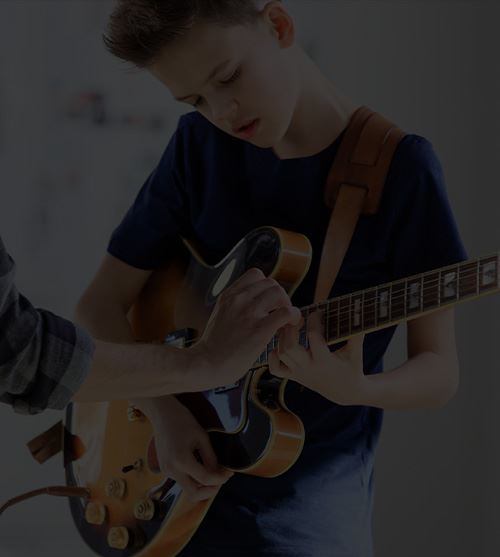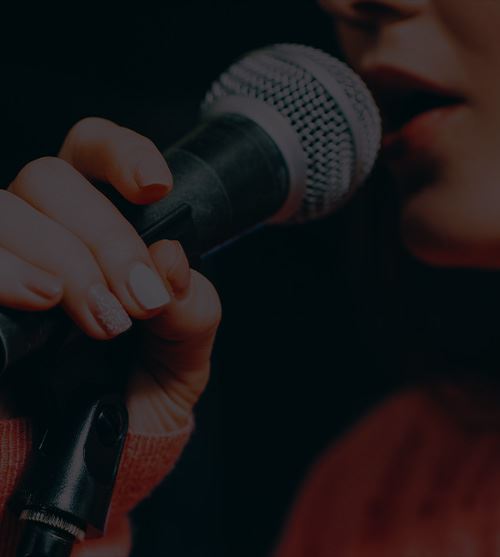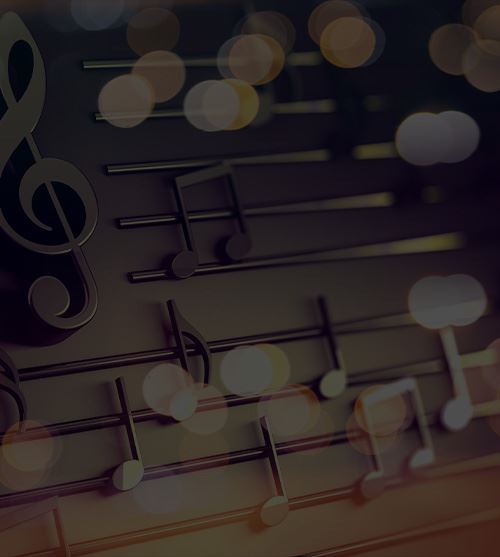
Classical Guitar Resources
On this page you will find required materials for lessons on classical guitar here at Promethean Studios and various other resources for the classical guitar as well. The resources on this page are specifically for the classical guitar, more generic resources (music stores, recording studios, etc) are listed here. At the time this information was entered, all links worked and products listed were available. For information purposes only; we won't post resources when we know there might be any sort of problem with a product, business, or person listed but please check out the reliability, appropriateness, and reputation of any resource you plan to use.
Please Have These for Your Lessons
- An classical guitar in fair condition (suggestions and details below) - I can advise you on the suitability of specific instruments.
- 3 ring binder - with loose-leaf paper and pockets for holding handouts.
- Pencil - Erasable, colored pencils are best.
- Manuscript paper (music paper, staff paper) - Click here and print 5 sheets of ‘medium music paper, treble clef only’, bring them to your lesson. Feel free to download any of the other types of music paper you want and your friends can, too. For assignments and written exercises.
- 5 GB flash drive or larger - suggestions and details below.
- Download Audacity (optional) – details below.
- Metronome - suggestions and details below.
- Christopher Parkening method, vol. 1, pub. - Hal Leonard.
- Music - to be purchased as recommended.
- Tuning fork (preferably E or a piano or keyboard) - Suggestions and details below.

Why Choose Promethean Studios?
-
99.9% of students can learn to play or sing better than they ever imagined. That’s you, buddy.
-
We teach complete beginners through studio professionals so there’s never a limit to your learning potential.
-
You’ll save years of wasted effort because we’ll identify & solve key errors in your technique as you develop essential skills.
-
Over 5000 students from around the world have taken the finest private lessons in the world right here.
-
All lessons are customized to your goals, your music, your abilities, and your personality – how YOU learn.
-
Your instructor is one of the nation’s top private music educators and musicians.
-
You get to play or sing the music you love while you develop skills.
-
You can learn online, in the studio, or in a band.
-
You’ll love your lessons and have a blast while you learn.
-
 FAQs
FAQsWe answer common questions students and parents have about music and our studio.
-
 Music Seminars
Music SeminarsWe give students access to decades of experience and knowledge from lifelong musicians.
-
 Discounts and Gift Certificates
Discounts and Gift CertificatesWe help new players get started by offering coupons, discounts, and gift certificates.


